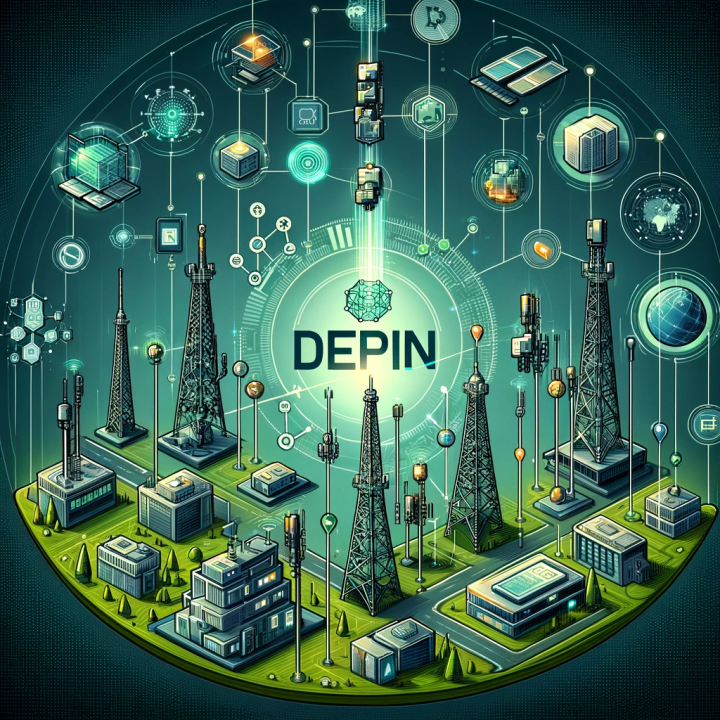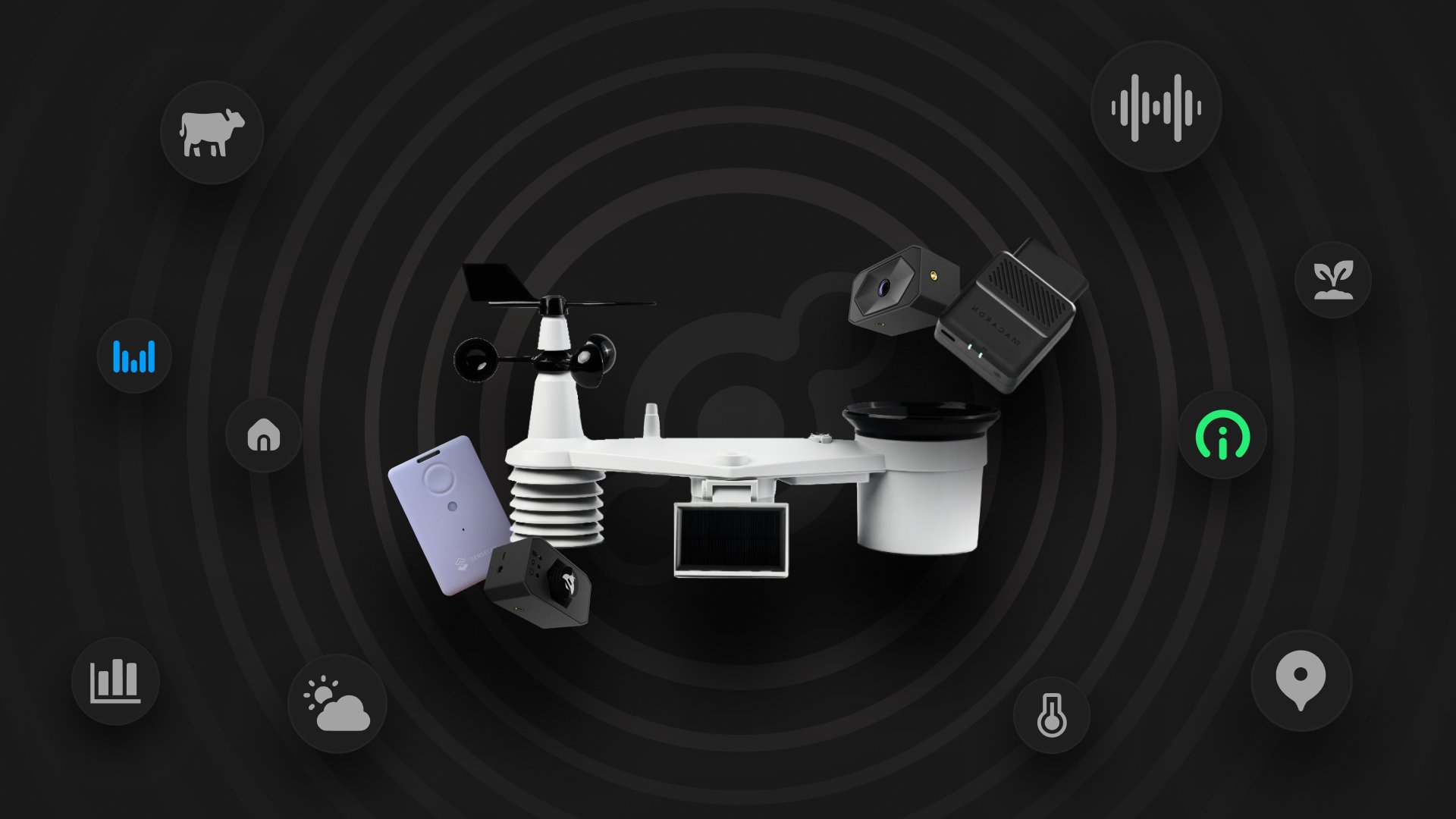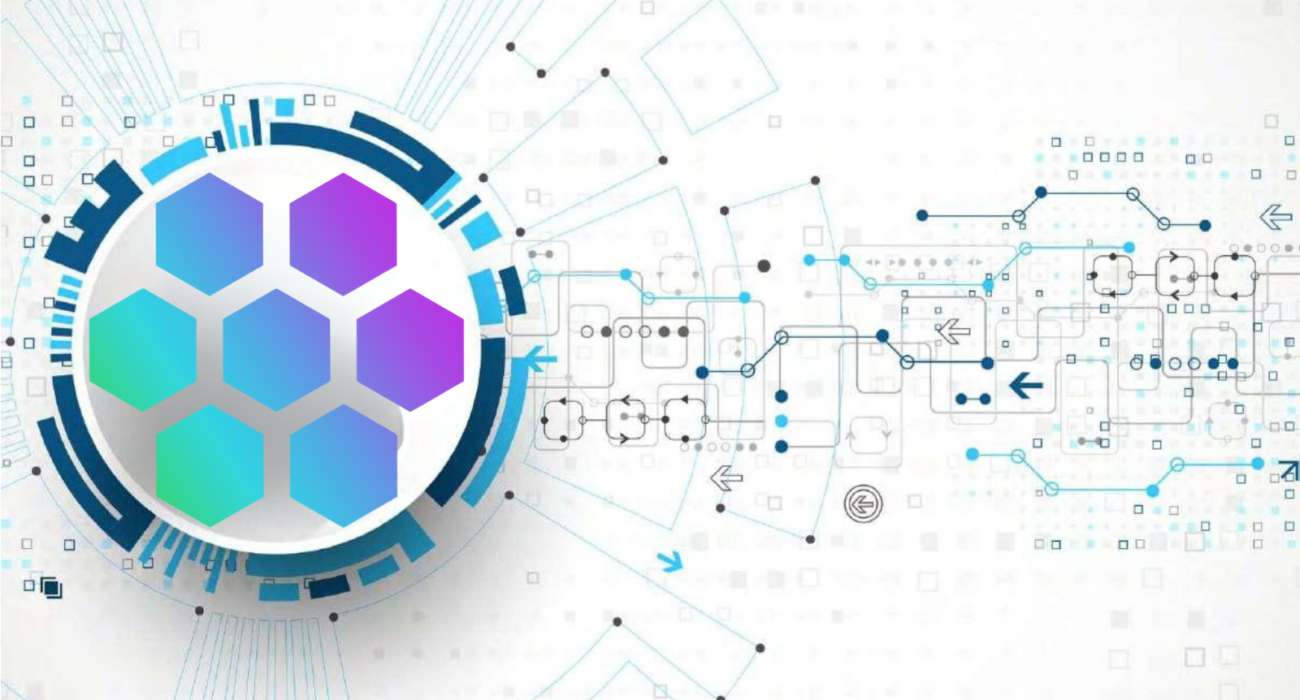Enhancing Data Privacy with DePIN Technology. In today’s digital era, data privacy has become a critical concern. With the increasing frequency of data breaches and the growing sophistication of cyberattacks, the need for robust and reliable data privacy solutions has never been more urgent. One promising technology that addresses these concerns is DePIN, or Decentralized Physical Infrastructure Network. This blog will explore the concept of DePIN, its importance, how it works, its key features, benefits, real-world applications, challenges, future prospects, and why it is a game-changer in the realm of data privacy.
What is DePIN Technology?
DePIN, or Decentralized Physical Infrastructure Network, is a groundbreaking technology designed to enhance data privacy and security through decentralized methods. Unlike traditional centralized systems, DePIN leverages blockchain and distributed ledger technologies to ensure that data remains private and secure.
Key Components of DePIN Technology
- Blockchain: The backbone of DePIN, providing a decentralized ledger for secure data transactions.
- Smart Contracts: Automated agreements that execute predefined actions without intermediaries, enhancing privacy.
- Cryptographic Techniques: Advanced methods to protect data integrity and confidentiality.
Comparison with Traditional Data Privacy Methods
Traditional data privacy methods rely on central servers, which are vulnerable to hacking and unauthorized access. In contrast, DePIN distributes data across multiple nodes, reducing the risk of single points of failure and enhancing overall security.
The Importance of Data Privacy
Data privacy is paramount in the digital era. It protects individuals’ personal information, maintains confidentiality, and ensures trust in digital interactions.
Consequences of Poor Data Privacy
- Data Breaches: Exposure of sensitive information leading to financial and reputational damage.
- Identity Theft: Unauthorized access to personal data resulting in fraudulent activities.
- Loss of Trust: Consumers losing confidence in businesses that fail to protect their data.
Examples of Data Breaches and Their Impacts
Prominent data breaches, such as the Equifax breach and the Facebook-Cambridge Analytica scandal, highlight the severe consequences of inadequate data privacy measures. These incidents not only cause financial losses but also damage the trust and credibility of the organizations involved.
How DePIN Enhances Data Privacy
DePIN enhances data privacy through a combination of cryptographic techniques, decentralized storage, and robust authentication mechanisms.
Cryptographic Techniques Used in DePIN
- Encryption: Transforming data into unreadable formats to prevent unauthorized access.
- Decryption: Converting encrypted data back to its original form for authorized users.
- Hashing: Ensuring data integrity by creating unique digital fingerprints for data sets.
Unlock a secure and decentralized future by investing in SRP Token today. Join the revolution and enjoy unparalleled privacy and rewards!
Decentralized Storage and Its Benefits
DePIN utilizes decentralized storage, where data is distributed across multiple nodes. This approach:
- Reduces the risk of data breaches by eliminating central points of vulnerability.
- Enhances data availability and reliability.
- Increases transparency through immutable records on the blockchain.
Authentication and Authorization Mechanisms in DePIN
DePIN employs robust authentication methods, such as multi-factor authentication (MFA) and biometric verification, to ensure that only authorized users access the data. These mechanisms add an extra layer of security, making it more difficult for unauthorized users to gain access.
Key Features of DePIN Technology
DePIN technology offers several features that make it a superior choice for data privacy:
Data Encryption and Decryption Processes
DePIN encrypts data at rest and in transit, ensuring that it remains secure throughout its lifecycle. Only authorized users with the correct decryption keys can access the data.
Distributed Ledger Technology
The use of blockchain ensures that data transactions are recorded transparently and immutably, providing a tamper-proof history of data access and modifications.
Smart Contracts for Privacy Management
Smart contracts automate privacy-related tasks, such as granting and revoking data access permissions, without the need for intermediaries. This not only enhances security but also improves efficiency.
Access Control and Permissions
DePIN provides granular access control, allowing data owners to specify who can access their data and under what conditions. This feature enhances data security and user autonomy, giving individuals more control over their personal information.
Real-World Applications of DePIN Technology
DePIN technology has a wide range of applications across various industries:
Secure Messaging and Communication Platforms
DePIN ensures that messages and communications remain private and secure, preventing eavesdropping and unauthorized access. This is particularly important for platforms that handle sensitive information, such as healthcare communications and financial transactions.
Privacy-Preserving Financial Transactions
Financial transactions conducted through DePIN are secure and private, protecting users’ financial data from unauthorized access. This makes DePIN an ideal solution for industries that require high levels of security and privacy, such as banking and finance.
Decentralized Identity Management Systems
DePIN enables users to manage their digital identities securely and privately, reducing the risk of identity theft and fraud. This is achieved through decentralized identity solutions that give individuals more control over their personal information.
Use in Healthcare Data Management
DePIN can securely store and manage sensitive healthcare data, ensuring patient confidentiality and compliance with data privacy regulations. This is particularly important in the healthcare industry, where data breaches can have serious consequences.
Benefits of Using DePIN Technology
The adoption of DePIN technology offers numerous benefits:
Enhanced Security and Data Integrity
DePIN’s decentralized nature and cryptographic techniques ensure that data remains secure and tamper-proof. This is achieved through the use of advanced encryption methods and distributed storage, which make it difficult for unauthorized users to access or alter the data.
Reduction of Single Points of Failure
By distributing data across multiple nodes, DePIN eliminates single points of failure, enhancing data availability and reliability. This makes the system more resilient to attacks and ensures that data remains accessible even if some nodes are compromised.
Improved Transparency and Trust
DePIN’s use of blockchain technology ensures transparent and immutable records of data transactions, fostering trust among users. This is particularly important in industries that require high levels of transparency and accountability, such as finance and healthcare.
Scalability and Efficiency
DePIN’s architecture is designed to scale efficiently, accommodating growing data volumes and user demands. This makes it an ideal solution for organizations that need to handle large amounts of data while maintaining high levels of security and privacy.
Challenges and Limitations
Despite its advantages, DePIN technology faces certain challenges:
Scalability Issues and Potential Solutions
As DePIN networks grow, scalability becomes a concern. Potential solutions include sharding and layer-2 scaling techniques to enhance performance. These methods can help distribute the workload across multiple nodes, making it easier to handle large amounts of data.
Regulatory and Compliance Challenges
Navigating regulatory landscapes and ensuring compliance with data privacy laws can be complex for DePIN implementations. Organizations need to stay updated on the latest regulations and ensure that their DePIN solutions meet the necessary compliance requirements.
Technical Complexities and Implementation Barriers
Implementing DePIN requires advanced technical expertise and resources, which may pose a barrier to adoption for some organizations. It is important for organizations to invest in the necessary infrastructure and training to ensure the successful implementation of DePIN technology.
Future Prospects of DePIN Technology
The future of DePIN technology looks promising, with several emerging trends and innovations on the horizon:
Emerging Trends and Innovations
- Integration with artificial intelligence (AI) and machine learning (ML) for enhanced data privacy and security.
- Development of new cryptographic techniques to further protect data.
Potential Impact on Various Industries
DePIN technology is set to revolutionize industries such as finance, healthcare, and communications by providing robust data privacy solutions. This will lead to improved security, increased trust, and enhanced efficiency in these industries.
Predictions for the Future of Data Privacy with DePIN
As data privacy concerns continue to grow, DePIN technology is expected to play a crucial role in safeguarding personal and sensitive information, paving the way for a more secure digital future.
Conclusion
In conclusion, Enhancing Data Privacy with DePIN Technology represents a significant advancement in the realm of data privacy. By leveraging decentralized protocols, cryptographic techniques, and blockchain technology, DePIN ensures that data remains secure, private, and tamper-proof. As we move towards an increasingly digital world, understanding and adopting DePIN technology will be crucial for enhancing data privacy and building trust in digital interactions.

 China
China Russia
Russia India
India









